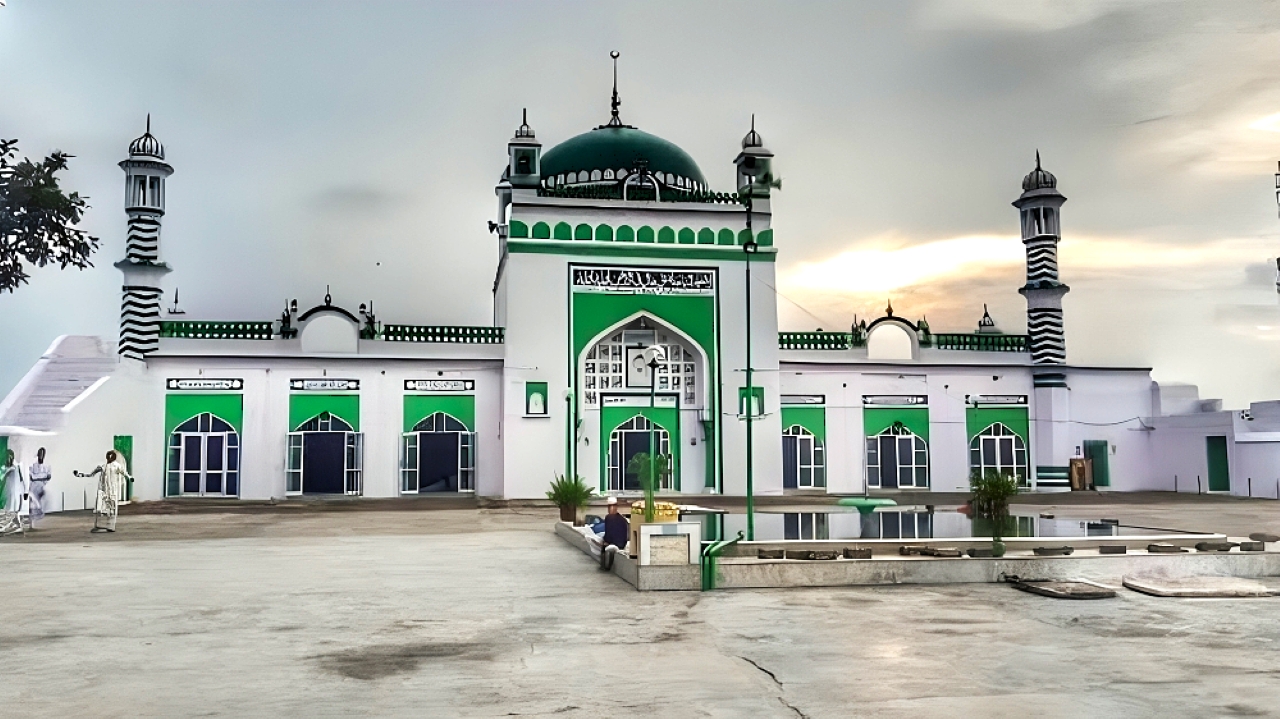 |
|
The Sambhal Shahi Jama Masjid Committee has filed a petition with the Supreme Court of India, seeking to overturn a lower court's order mandating a survey of the mosque. This order, issued by a Civil Judge (Senior Division) in Sambhal, stems from a lawsuit alleging that the mosque was constructed after the destruction of a pre-existing temple. The plaintiffs claim that the Mughal emperor Babar demolished a temple in 1526 to build the Shahi Jama Masjid at Chandausi. The ex-parte nature of the lower court's decision, meaning the mosque committee wasn't initially heard, forms a central part of the appeal. The committee argues that the hasty nature of the order, leading to the survey, incited apprehension and unrest among local residents, culminating in violence that tragically resulted in four fatalities. This underscores the sensitive nature of the case and the potential for such actions to escalate communal tensions.
The petition before the Supreme Court hinges on several key arguments. Firstly, the committee contends that the lawsuit is barred under the Places of Worship (Special Provisions) Act, 1991, a law designed to maintain the status quo of religious places as they existed on August 15, 1947. This act generally prevents litigation challenging the religious character of places of worship that existed before that date. Secondly, the committee criticizes the lower court for issuing the survey order ex-parte without affording them an opportunity to present their case. They also highlight the mosque's historical significance, claiming it's an ancient monument protected by the Archaeological Survey of India (ASI). The urgency of their direct appeal to the Supreme Court is justified by the committee as a response to the extraordinary circumstances surrounding the case and the potential for widespread unrest.
Beyond the immediate legal challenge, the petition raises broader concerns about the growing trend of surveys being ordered in cases involving belated claims on mosques. The committee argues that this pattern is problematic, as it risks escalating communal tensions and disrupting public order. They explicitly warn that routinely issuing such orders without fully considering the potential consequences creates a climate ripe for religious conflict. The petition, therefore, requests that the Supreme Court issue directives to prevent the routine issuance of survey orders without first hearing the affected parties’ defense. The overarching argument is that such a practice threatens the secular fabric of the nation, jeopardizing social harmony and peace. The Supreme Court's decision will not only determine the fate of this specific case but will also establish a precedent with significant implications for future similar disputes.
The case, Committee of Management, Shahi Jama Masjid, Sambhal v. Hari Shankar Jain and others (SLP(C) No.28500/2024), highlights the complex interplay between religious sentiment, historical claims, and legal processes in India. The potential for such cases to fuel communal violence underscores the need for careful consideration of the legal and societal implications of actions taken by the judiciary. The outcome of this Supreme Court hearing will likely have a far-reaching impact on how similar disputes are handled in the future, influencing the approach taken by lower courts and shaping public discourse around historical claims and religious sites in India. The Supreme Court’s intervention is crucial not only for resolving the immediate conflict but also for setting a precedent that prioritizes peace and harmony while upholding the rule of law.
The involvement of the Chief Justice of India in hearing this matter underlines the sensitivity and significance attached to this case. The potential for widespread repercussions stemming from this dispute requires careful judicial scrutiny. The Supreme Court’s judgment will be closely followed by legal experts, religious leaders, and the general public alike, waiting to see how the court will balance the legal arguments presented with the need to prevent the exacerbation of communal tensions. The case serves as a stark reminder of the delicate nature of interfaith relations in India and the vital role of the judiciary in ensuring a peaceful and harmonious coexistence of diverse religious communities.
